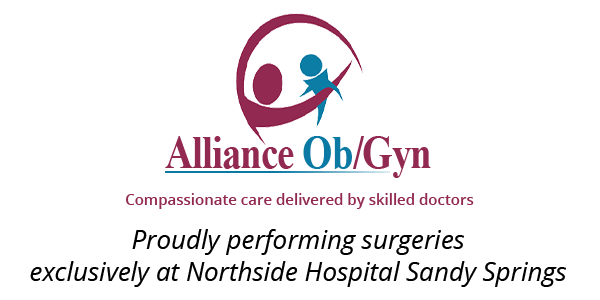Diet in Pregnancy
 We want you to eat healthy in pregnancy. In general, most of us know how to eat well. Generally it will consist of more whole foods, more fruits and vegetables, less fried foods, less junk foods, and less fast foods. Make sure you wash your hands prior to eating. Wash all fruits and vegetables. Prenatal vitamins will generally “fill” most nutritional “holes” that we have in our diet.
We want you to eat healthy in pregnancy. In general, most of us know how to eat well. Generally it will consist of more whole foods, more fruits and vegetables, less fried foods, less junk foods, and less fast foods. Make sure you wash your hands prior to eating. Wash all fruits and vegetables. Prenatal vitamins will generally “fill” most nutritional “holes” that we have in our diet.
There are certain foods to stay away from during pregnancy related to specific problems. Certain foods contain too much mercury, specifically shark, swordfish, king mackerel, and tilefish (also called monkfish). Tuna steaks are generally high in mercury as well, but you can have canned chunk light tuna once or twice a month.
Diet in Pregnancy: Dr. Elbridge F. Bills
Listeriosis is caused by a bacteria found in several very common foods. Although it is unlikely to be affected when eating these common foods, when one does become infected it can cause miscarriages or stillbirths at term.
You should stay away from any un-pasteurized milk or soft cheeses. Basically, anything thing you can push your finger into is a soft cheese such as: brie, feta, queso, or blue cheese. If it is made from pasteurized milk it is fine; however, most are not. The other source of Listeriosis is any meat that is served cold, including a sandwich you make at home. The meat needs to be warmed up to steaming first.
Caffeine in moderation is safe in pregnancy. Please limit it to no more than three to four cups per day. There is a theoretical risk involving Nutrasweet or aspartame, although nothing has been proven, please limit consumption of this as well.
Weight gain in pregnancy is based on your ideal body weight. In general one can gain five pounds or lose five pounds in the first trimester, then half a pound a week in the second trimester, and a pound a week in the third trimester. When you add this all together it is twenty-five to thirty-five pounds total.
Home | About | Why “Board Certified” Matters | What Does FACOG Mean? | Our Doctors | Elbridge F. Bills, II, MD, FACOG | Clement C. Hsiao, MD, FACOG | Emily S. Cohen, MD, FACOG | Jennifer L. Elliott, MD, FACOG | Our Services | Obstetrics | Obstetrical Information | Diet in Pregnancy | High Risk Pregnancies | Medications in Pregnancy | Normal Obstetrics | Obstetrical Sonography | Gynecology | Abnormal Pap Smears | Well Woman Examinations | Gynecological Sonography | Recurrent Pregnancy Loss | Polycystic Ovarian Syndrome | Surgery | Birth Control Options | Family Planning | Patient Information | Insurance Information | Patient Forms | Patient Portal | Frequently Asked Questions | Notice of Privacy Practices | Our Locations | Alpharetta Location | Sandy Springs Location
